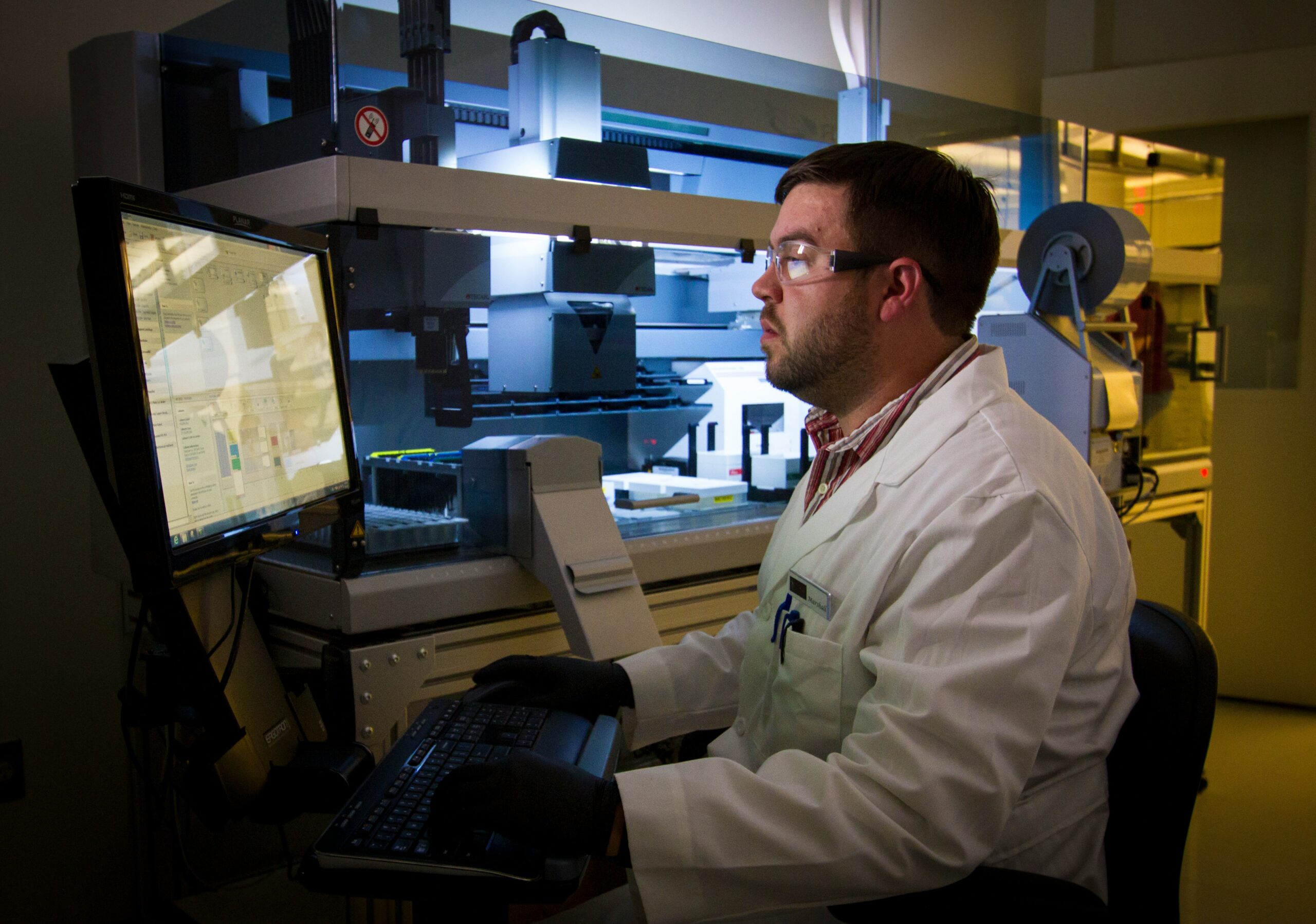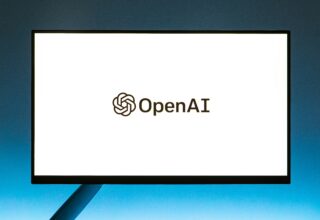By becoming a member of our site, you can add the content you like to your favorites, and present the content you have produced or liked on the internet to our site visitors with the send content option.
Zaten bir üyeliğiniz mevcut mu ? Giriş yapın
By becoming a member of our site, you can add the content you like to your favorites, and present the content you have produced or liked on the internet to our site visitors with the send content option.
You Can Benefit from All Options Exclusive to Our Members by Registering

Next Content:
Lab-Grown Meat and the Future of Food
- Home Page
- #AIinHealthcare
- The Role of AI in Biotechnology
The Role of AI in Biotechnology

Artificial Intelligence (AI) is transforming various industries, and biotechnology is no exception. The integration of AI in biotechnology is driving significant advancements, enhancing research capabilities, and accelerating the development of new therapies and products. The role of AI in biotechnology is multifaceted, influencing areas such as drug discovery, genomic analysis, personalized medicine, and biomanufacturing.
One of the most profound impacts of AI in biotechnology is seen in drug discovery. Traditional drug discovery processes are time-consuming and costly, often taking over a decade and billions of dollars to bring a new drug to market. AI algorithms can analyze vast datasets to identify potential drug candidates much more quickly and accurately. By leveraging machine learning and predictive analytics, AI can predict how different compounds will interact with biological targets, streamline the identification of promising drug candidates, and optimize drug design. Companies like Insilico Medicine and Atomwise are at the forefront of using AI to revolutionize drug discovery, reducing the time and cost associated with bringing new drugs to market.
In the field of genomics, AI is enabling more precise and efficient analysis of genetic data. Genomic sequencing generates massive amounts of data that require sophisticated tools to interpret. AI algorithms can sift through this data to identify genetic variations and mutations associated with diseases, facilitating early diagnosis and the development of targeted therapies. For instance, AI-driven platforms like DeepVariant by Google and IBM Watson for Genomics are enhancing our understanding of the genetic basis of diseases, leading to more accurate and personalized treatment plans.
Personalized medicine is another area where AI is making a significant impact. Personalized medicine aims to tailor treatments to individual patients based on their genetic makeup, lifestyle, and environment. AI can analyze patient data to predict which treatments will be most effective for specific individuals, thereby improving treatment outcomes and reducing adverse effects. This approach is particularly beneficial in oncology, where AI can help identify the most effective treatment protocols for cancer patients based on their unique genetic profiles. Companies like Tempus and Foundation Medicine are leveraging AI to advance personalized medicine, making treatments more effective and patient-specific.
Biomanufacturing is also benefiting from AI innovations. Biomanufacturing involves the production of complex biological products, such as vaccines, enzymes, and antibodies, using living cells. AI can optimize biomanufacturing processes by predicting cell behavior, enhancing yield, and ensuring product quality. By using AI to monitor and control bioprocesses in real-time, companies can reduce production costs and increase efficiency. For example, Ginkgo Bioworks uses AI to design custom microorganisms for producing various bioproducts, streamlining the manufacturing process and improving sustainability.
Moreover, AI is playing a crucial role in biological data management. Biotechnology generates vast amounts of data from various sources, including clinical trials, laboratory experiments, and electronic health records. Managing and analyzing this data effectively is critical for advancing research and development. AI-driven data management systems can organize, integrate, and analyze large datasets, providing researchers with valuable insights and accelerating the pace of innovation. Platforms like BenchSci and Zebra Medical Vision use AI to manage and interpret biological data, enhancing research productivity and discovery.
AI in biotechnology also extends to agriculture and food production. AI technologies are being used to develop genetically modified crops with improved traits, such as higher yield, pest resistance, and climate resilience. AI-driven tools can analyze crop data to predict growth patterns, optimize planting schedules, and enhance crop management practices. Companies like Benson Hill and Climate Corporation are using AI to revolutionize agricultural biotechnology, contributing to global food security and sustainability.
In conclusion, the role of AI in biotechnology is transformative, driving innovation and efficiency across various domains. By enhancing drug discovery, genomic analysis, personalized medicine, biomanufacturing, and biological data management, AI is paving the way for new breakthroughs and applications. As AI technologies continue to evolve, their integration into biotechnology will undoubtedly lead to more significant advancements, improving health outcomes and addressing some of the most pressing challenges in medicine, agriculture, and environmental sustainability.
We offer our respects and wish you a good reading. – Who Learns What? Team
- On-Site Comments



























